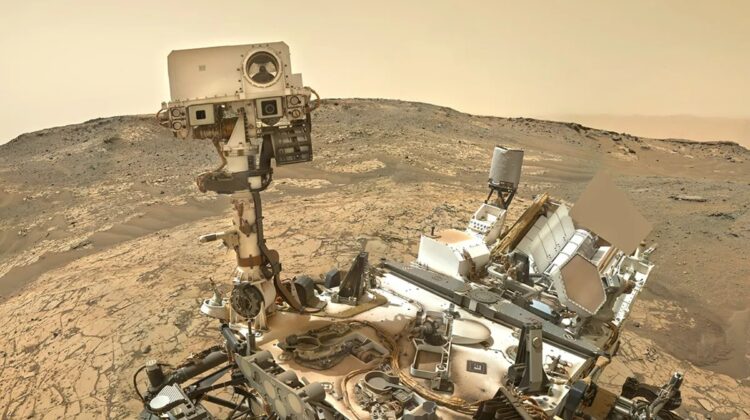
Fingers crossed for good news.
Fingers crossed for good news. Today, NASA is set to make an announcement about the future of the Mars Sample Return (MSR) project. As the name very much suggests, this project aims to return samples of rocks and soil from Mars to Earth.
Rovers placed on the Red Planet have been tasked with collecting samples. During their explorations, they have discovered numerous interesting rocks and soil samples worthy of further investigation. Earlier this year, for instance, Perseverance collected samples of a rock that may hold clues to ancient microbial life.
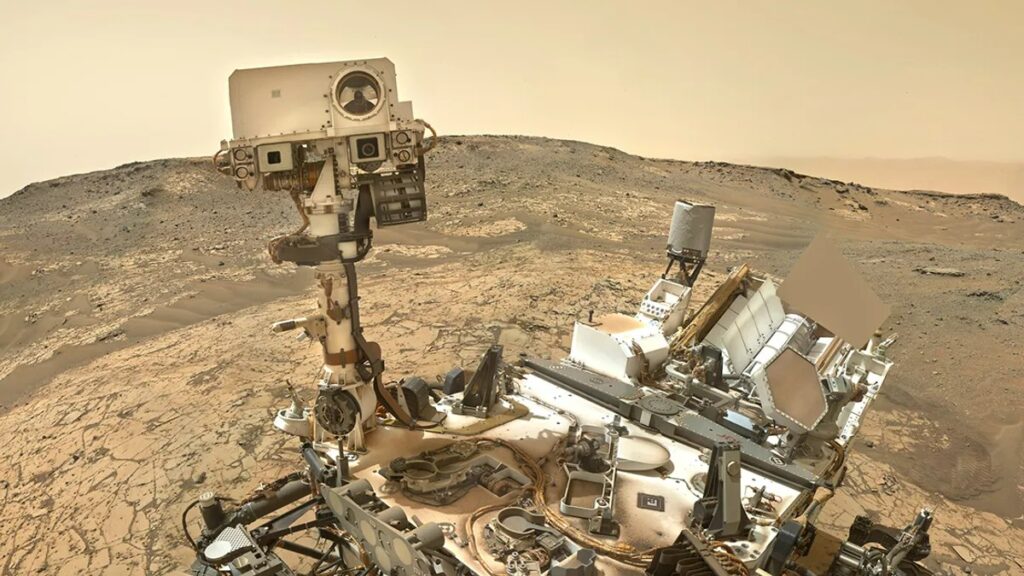
Image credit: NASA/JPL-Caltech/MSSS/Jason Major via Flickr (CC BY-NC-SA 2.0)
“To put it simply, this is the kind of rock we had hoped to find when we decided to investigate Jezero Crater,” explained Ken Farley, project scientist for Perseverance at Caltech. “Nearly all the minerals in the rock we just sampled were made in water; on Earth, water-deposited minerals are often good at trapping and preserving ancient organic material and biosignatures. The rock can even tell us about Mars’s climate conditions that were present when it was formed.”
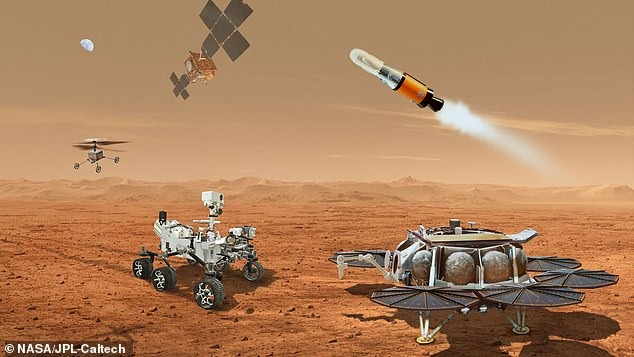
Early analysis indicates that the rock may have originated from an ancient lake.
However, while Perseverance’s onboard instruments provide valuable insights, samples like number 24 need to be brought back to Earth for further study. This is no simple task. Although humans have successfully landed robots and probes on Mars, lifting off from the surface of another planet has never been done before. The Mars Sample Return mission aims to achieve this feat and then rendezvous the sample with a spacecraft that will bring it back to Earth.
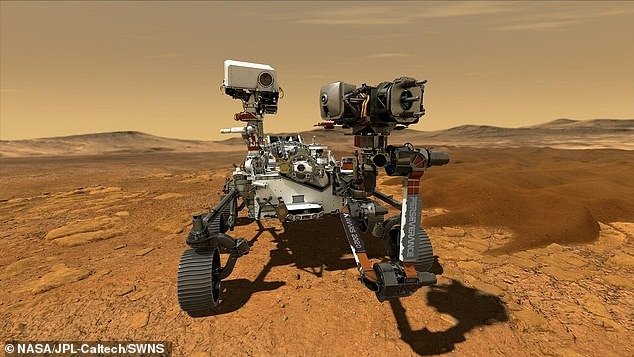
If you’re thinking “This sounds expensive,” you’d be echoing the sentiments of the Independent Review Board (IRB) report presented to NASA in September 2023. According to the report, the project was “established with unrealistic budget and schedule expectations from the beginning.” While acknowledging the scientific importance of the mission, the review board expressed concerns about technical issues, risks, and the likelihood of meeting the current 2028 timeline.
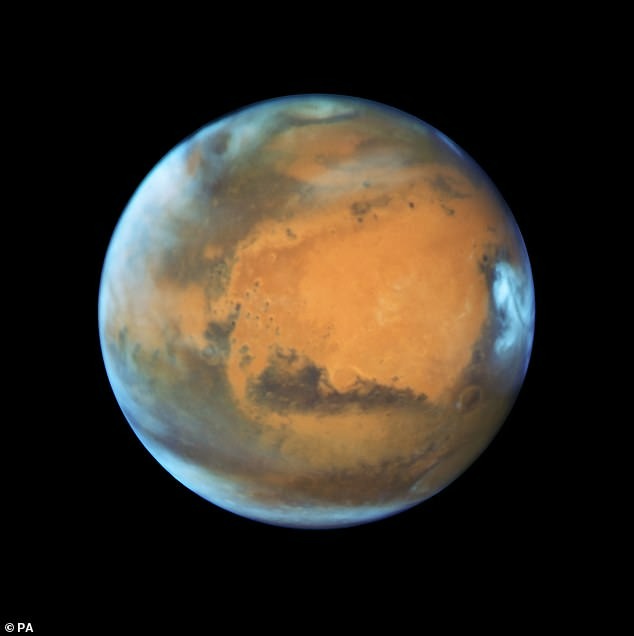
“Independent review boards like the one we commissioned for Mars Sample Return help review whether we’re on the right track to meet our mission goals within the appropriate budget,” said Sandra Connelly, NASA’s deputy associate administrator for science.
NASA has been working on an official response to the report, which will be revealed today at 1 pm EDT, with NASA Administrator Bill Nelson and Nicky Fox, associate administrator for the Science Mission Directorate, set to speak at the update. While NASA has not provided much information about the response, expect possible delays or changes in timelines, as is common with large-scale space projects.

Leave a Reply